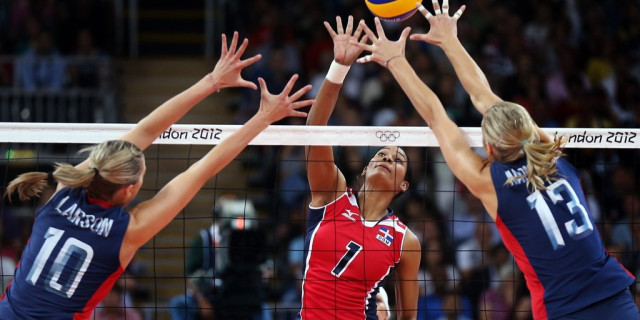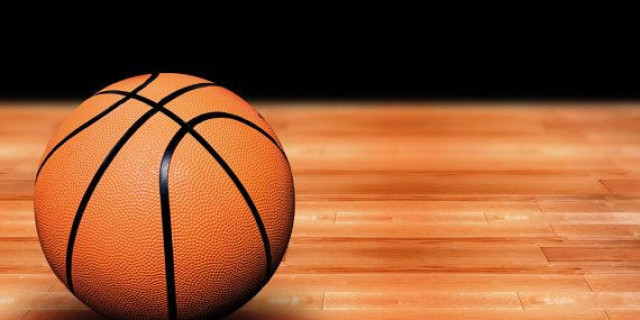- Home
- Sport
Sport and Health: How to Stay Fit and Happy

What is sport and why is it important?
Sport is any form of physical activity that involves exertion, skill, and competition. It can be done individually or in teams, for fun or for professional purposes. Sport has many benefits for our health, such as:
- Improving cardiovascular fitness and reducing the risk of heart diseases.
- Strengthening muscles and bones and preventing injuries.
- Burning calories and maintaining a healthy weight.
- Enhancing mood and reducing stress and anxiety.
- Boosting self-esteem and confidence.
- Developing social skills and making new friends.
What are some examples of sport activities?
There are many types of sport activities that you can choose from, depending on your preferences, goals, and abilities. Some examples are:
- Aerobic sports, such as running, cycling, swimming, or dancing. These are good for improving your endurance and stamina.
- Anaerobic sports, such as sprinting, weightlifting, or martial arts. These are good for increasing your strength and power.
- Flexibility sports, such as yoga, pilates, or gymnastics. These are good for improving your range of motion and posture.
- Balanced sports, such as tennis, soccer, or basketball. These are good for developing your coordination and agility.
How to get started with sport?
If you are new to sport or want to try something different, here are some tips to help you get started:
- Consult your doctor before starting any new physical activity, especially if you have any medical conditions or injuries.
- Choose a sport that you enjoy and that suits your lifestyle. You are more likely to stick with it if you have fun and feel comfortable.
- Set realistic and specific goals for yourself. For example, you can aim to run a 5K in three months or join a local soccer team.
- Find a partner or a group to join. Having someone to motivate you and support you can make a big difference in your progress and enjoyment.
- Start slowly and gradually increase the intensity and duration of your sessions. Listen to your body and avoid overexertion or injury.
- Rest and recover properly between sessions. Drink plenty of water, eat a balanced diet, and get enough sleep.
Sources:
- Physical activity - World Health Organization
- Types of Physical Activity: What You Need to Know - Healthline
- Fitness - Mayo Clinic
Related

Tavares scores hat-trick as Maple Leafs beat Oilers 6-3
John Tavares scored three goals and added an assist to lead the Toronto Maple Leafs to a 6-3 win over the Edmonton Oilers on Tuesday night.
Ball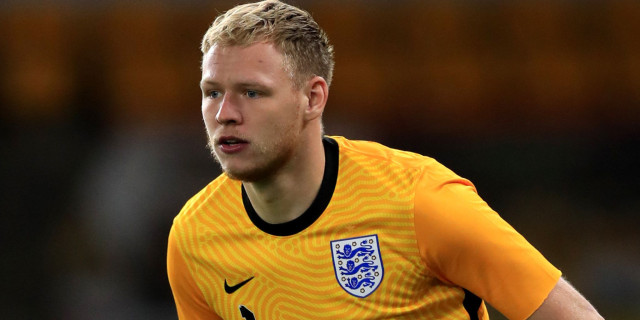
Ramsdale shines as Arsenal beat Everton 3-1
Arsenal goalkeeper Aaron Ramsdale made several crucial saves to help his team secure a 3-1 victory over Everton at Goodison Park.
Ball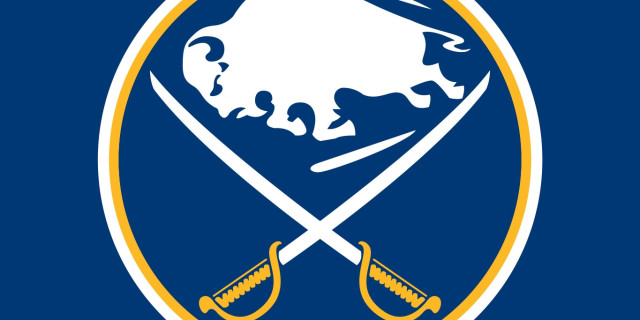
Buffalo Sabres end losing streak with 4-2 win over Boston Bruins
The Sabres snapped their 10-game skid with a solid performance against the Bruins, led by captain Jack Eichel's two goals.
Ball
Mexico beats Honduras 3-1 in World Cup qualifier
Mexico secured its place in the 2024 World Cup with a convincing win over Honduras in San Pedro Sula.
Ball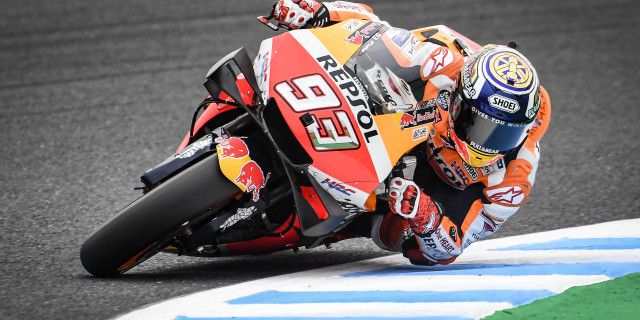
MotoGP Qualification: How Does It Work?
Learn about the rules and regulations of MotoGP qualification rounds.
Motogp
U17 Football World Cup: The Future Stars of the Beautiful Game
A preview of the upcoming U17 Football World Cup, featuring the best young talents from around the world.
Ball
